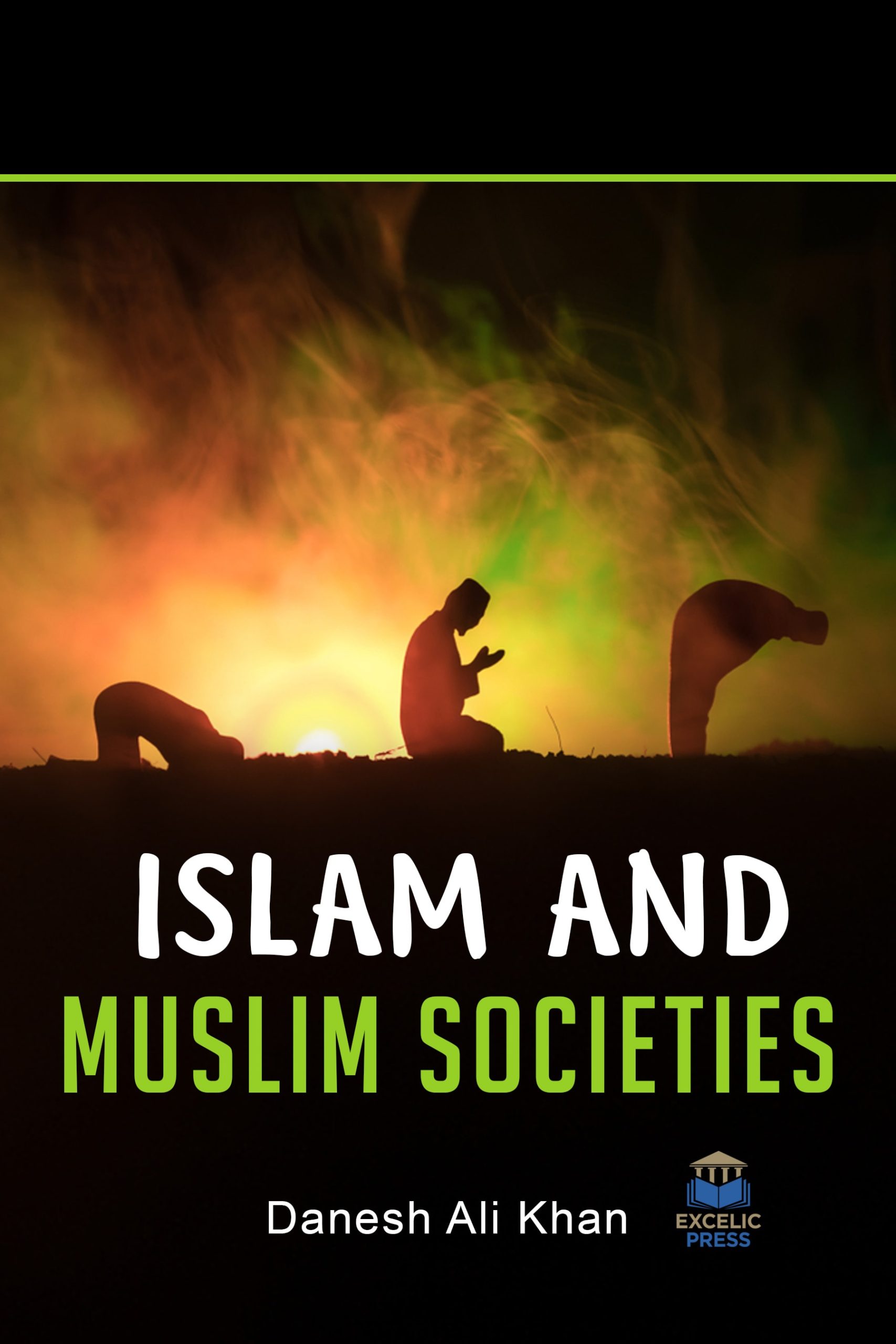Islam is more than a religion in the strict theological sense. If we confine ourselves to doctrinal normativity and Islamic law to analyse what Muslims motivate and how they build religious landscapes and life worlds, we seriously narrow down our understanding of Islam. Islamic society is a universal society, found at every place, in East and West, in south and north, and found at all time. It was not only found at the time of the Prophet, but also before his time, and at the time of other Messengers from Adam to Jesus (peace be upon them all), and after their time. Koranic teachings promote an ascetic ethic of self-control that bears on virtually all aspects of everyday activity. For Muslims, faith has not merely been a matter of private life and a personal relation with God. It has had pervasive social consequences.
The Holy Qur’an and the traditions of the Prophet are concerned about Muslim and Islamic society. In many ways these holy books focuses on the importance of Islamic society. Because Allah and his prophet believes that Muslims Ummah are the best among all Adam’s generation. Consequently, Islamic religion takes them out from the darkness into the light in order to achieve happiness, felicity in this world and the Hereafter.
This book Islam and Muslim Societies consists of studies dealing with political, economic, legal, and social policies that affect every facet of the social life of Muslims. This book is aimed at bridging the gap between the textual and contextual approaches to Islamic Studies; and solving the dichotomy between ‘orthodox’ and ‘heterodox’ Islam. It contains a selection of studies written by scholars and authors dealing with Islam and Muslim societies as its central focus of academic inquiry and to encourage comprehensive consideration of its many facets; to provide an opportunity for the study of Islam and Muslim societies in their global context; to encourage interdisciplinary studies of the Islamic world that are cross-national and comparative; to promote the diffusion, exchange and discussion of research findings; and to encourage interaction among academics from various traditions of learning.

